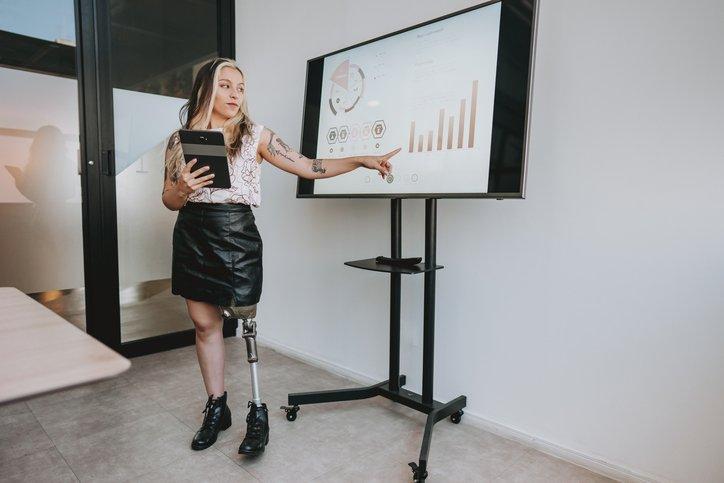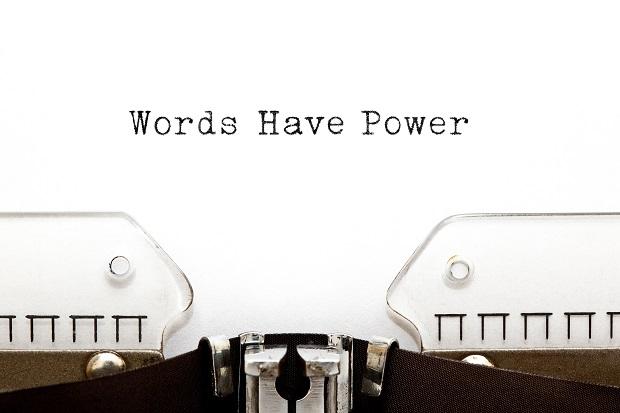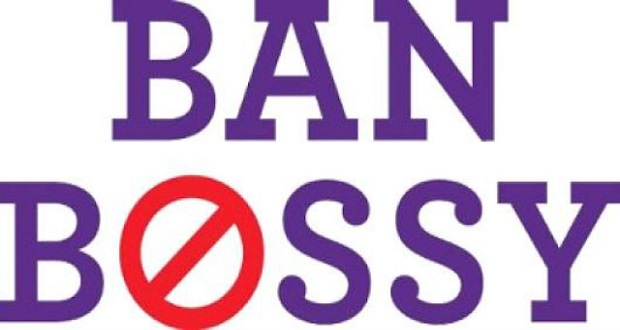
I am not a buzzword person and have typically waited until it seems that a term has some staying power before I adopt it. After some time, I make the effort to learn the background, true meaning, and proper use of new terms. Some popular buzzwords and phrases have saturated our consciousness and culture for a period of time and then faded into obscurity.
Ableism is currently a commonly used term and a prominent concept among people who value diversity, equity, and inclusion (DEI) and champion disability rights. But does “ableism” have staying power? Can the ideology it represents permeate the constructed reality of those in society who aren’t concerned with DEI or disability rights?
Honestly, I have not used the term, except to ask another professional about its use and respond in a LinkedIn post. My college-aged child has used the term “ableism” in my presence. They use it with authority and vigor. Their roommate uses a motorized wheelchair and has noted an overwhelming amount of discrimination on their college campus. As a support and witness, my kid has been deeply impacted by their roommate’s difficulties and has become more physically and socially conscious. Their new mindset has catapulted them to the top of a youthful soapbox.
This same child was raised by me — a mom with low vision. Yet they still write on greeting cards, notes, and shopping lists in light, small print. I have requested that they write darker and larger, but it does not usually happen. I don’t think my child is discriminating against me — or thoughtlessly negating my needs. They observed me managing the household and meeting our needs as a person with a disability. They were not involved in any of the struggles. However, they have felt and seen the negative impacts of discrimination against their roommate firsthand. Because of the dynamic between my kid and myself, the disability-related difficulties they may have observed seem somewhat abstract, while the difficulties of their roommate have been palpable. The proximity and relationship has created a deeper understanding of how ableism affects their roommate. The concept has a deeper meaning and impact on their day-to-day life now.
The word ableism may be viewed by a large section of society as a new “politically correct” term concocted to make them feel bad. The world being built for and around those who are able is the status quo; and has been for a very long time. The use of new, more inclusive terminology, most especially during the last decade, has seemed problematic to those who value the present state of affairs. The socially constructed ideology of “normal” is being challenged, and those who have automatic privilege may be putting up invisible shields to protect themselves and normalcy as they know it.
For those of us who are demanding equity from the powers that be, it can be easy to view the resistance to change as defensiveness or fragility. Easy to wonder why there is such a blockade in their level of awareness. Have they been exposed to a relatable and/or tangible accessibility issue? Have they experienced anything that could influence them to reframe their normative picture of the world? Of course, we can’t truly answer these questions with certainty. Many people with the power to bring about change or the power to influence others may only understand the need for action when they can relate to the issue in some way — when they are impacted tangibly.
The need to educate the majority and reframe the social construct of normal can seem overwhelming. But it is a need. It is also a heavy load … laid at the feet of the affected marginalized group. People with disabilities shouldn’t have to bear that responsibility and weight, yet many of us become ambassadors out of necessity. Moreover, now that our voices do seem to be more audible to those in power, it is a good time to utilize this opportunity by creating spaces that foster a true shift in mindset.
References


















